A Scientific Look at What Eating Ultra-Processed Foods Does to Your Body
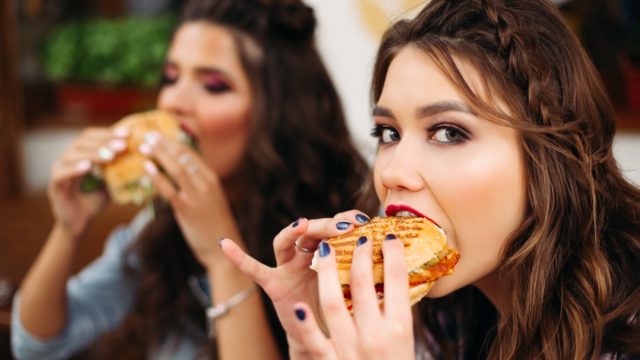
Cereal, yogurt, chips, soda, and even gin and protein powder all have something in common – they are ultra-processed foods. On a recent episode of Health, Quickly, a Scientific American podcast hosts Tanya Lewis, and Josh Fischman discuss ultra-processed foods, how they differ from processed foods, and what they can do to your body when you eat them.
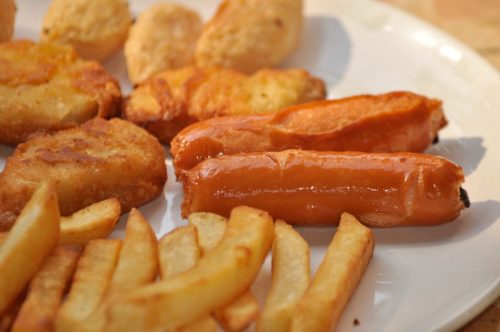
Ultra-processed foods “are the things that you can’t make in your own kitchen,” the hosts explain. “And that’s because they’ve gone through some kind of industrial processing, where the ingredients have been changed in a way that you just wouldn’t be able to do with domestic equipment, or there are additives to preserve the food, make it crunchier, shinier, all those sorts of things.” Most UPFs are ready-to-eat and don’t involve the raw ingredients they are made out of.
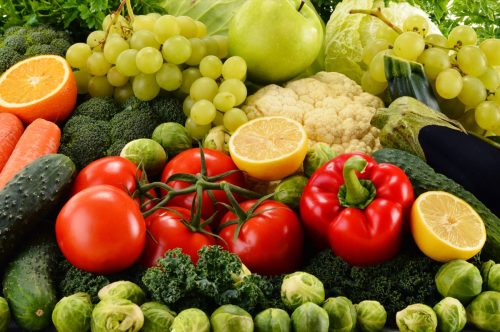
Completely unprocessed food “is something basically straight from the farm or your garden, like a potato you just pulled from the ground,” explains Lori Youmshajekian, an Intern at Scientific American.

Processed food “ is kind of everything in between” ultra-processed and unprocessed. “Just washing a food can be a kind of processing. But so can chopping. And also things like canning, drying, and freezing,” says Youmshajekian.
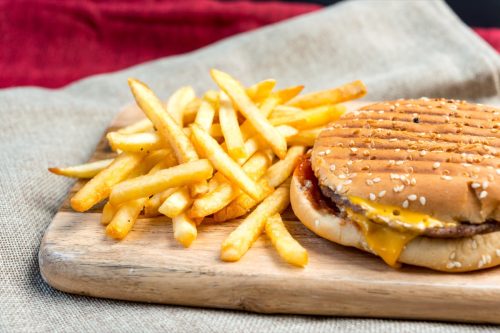
Youmshajekian also offers an estimate that almost 60 percent of what we eat in the U.S. is ultra-processed. “For kids, it’s even worse — almost 70 percent of their diet is processed,” she says.

Some studies have found links between eating ultra-processed food and obesity. One recent study found that people on an ultra-processed diet versus a minimally processed diet ate about 500 calories more per day and ended up gaining about two pounds in two weeks. UPFs are more energy dense, “meaning there are more calories per bite,” Youmshajekian says.

Ultra-processed foods have been linked to type 2 diabetes, as they can majorly spike blood sugar.

There are also some studies that have linked ultra-processed foods to some types of cancer.

Ultra-processed food may be impacting your mental health. Studies have linked them to mental health issues.
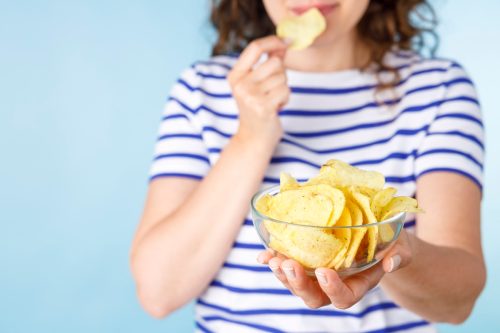
Have you ever noticed that you can eat a single apple but can’t stop after one chip. “Many ultra-processed foods contain a lot of fat, sugar, salt and carbs. And that combination makes them hyperpalatable – basically, so tempting to us that we find it really hard to stop eating,” says Youmshajekian. The ingredients don’t exist in nature together, “and some research has shown that the combination of fat and carbohydrates are better at activating the brain’s reward system compared to foods with just one of those things alone,” she adds. There is research supporting that UPFs are addictive, which “might be because of a dopamine spike it causes, similar to addictive substances like nicotine and alcohol.”
RELATED: 11 Easy Things You Can Do to Slow Down Aging

While you don’t need to completely cut UPFs out of your diet, there are things you can do to minimize your intake. For example, Youmshajekian suggests buying pre-chopped veggies instead of using cans,